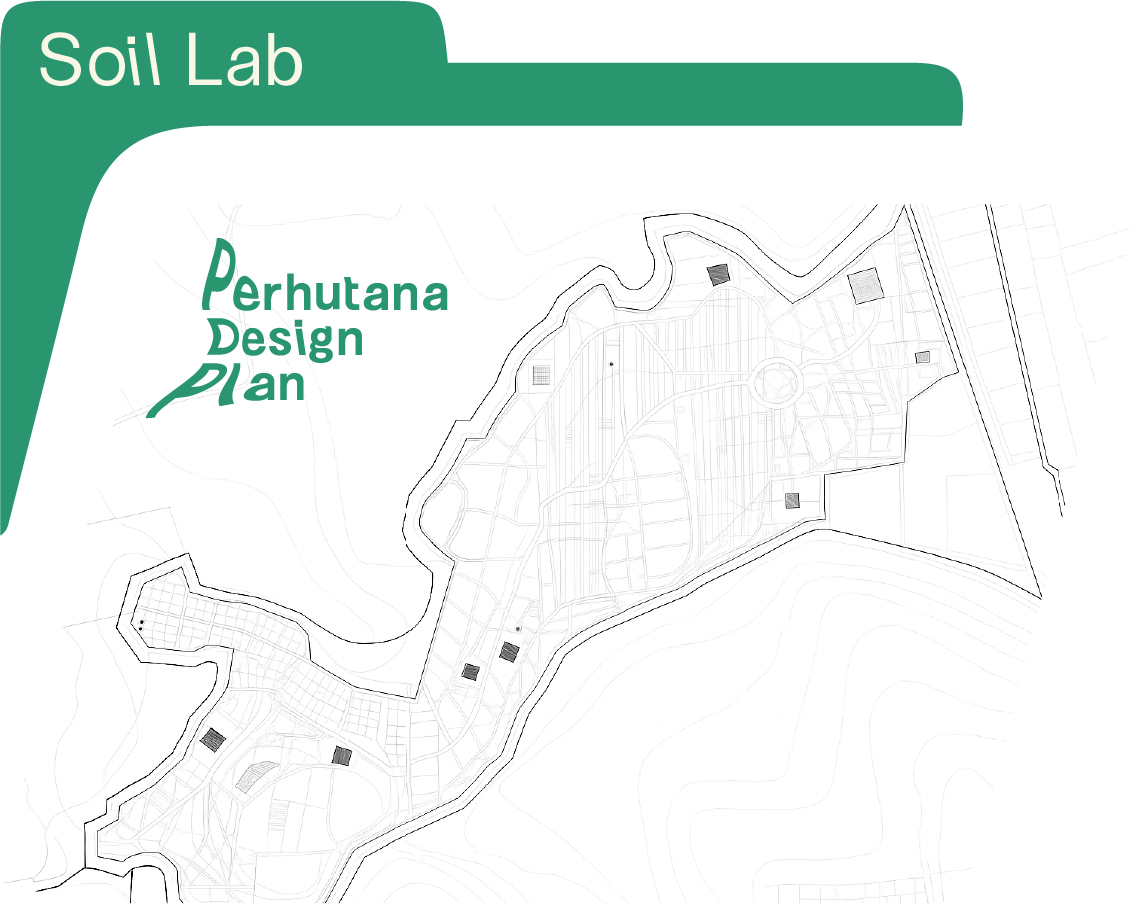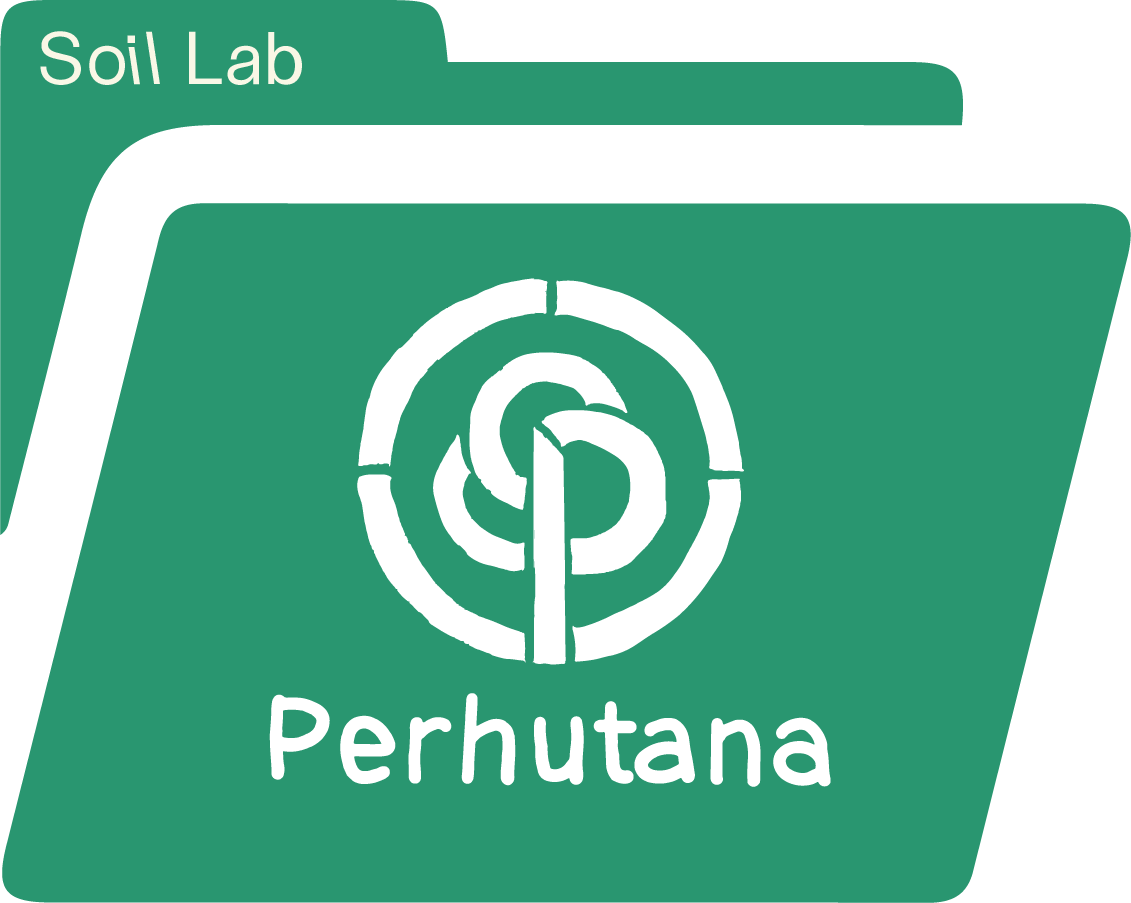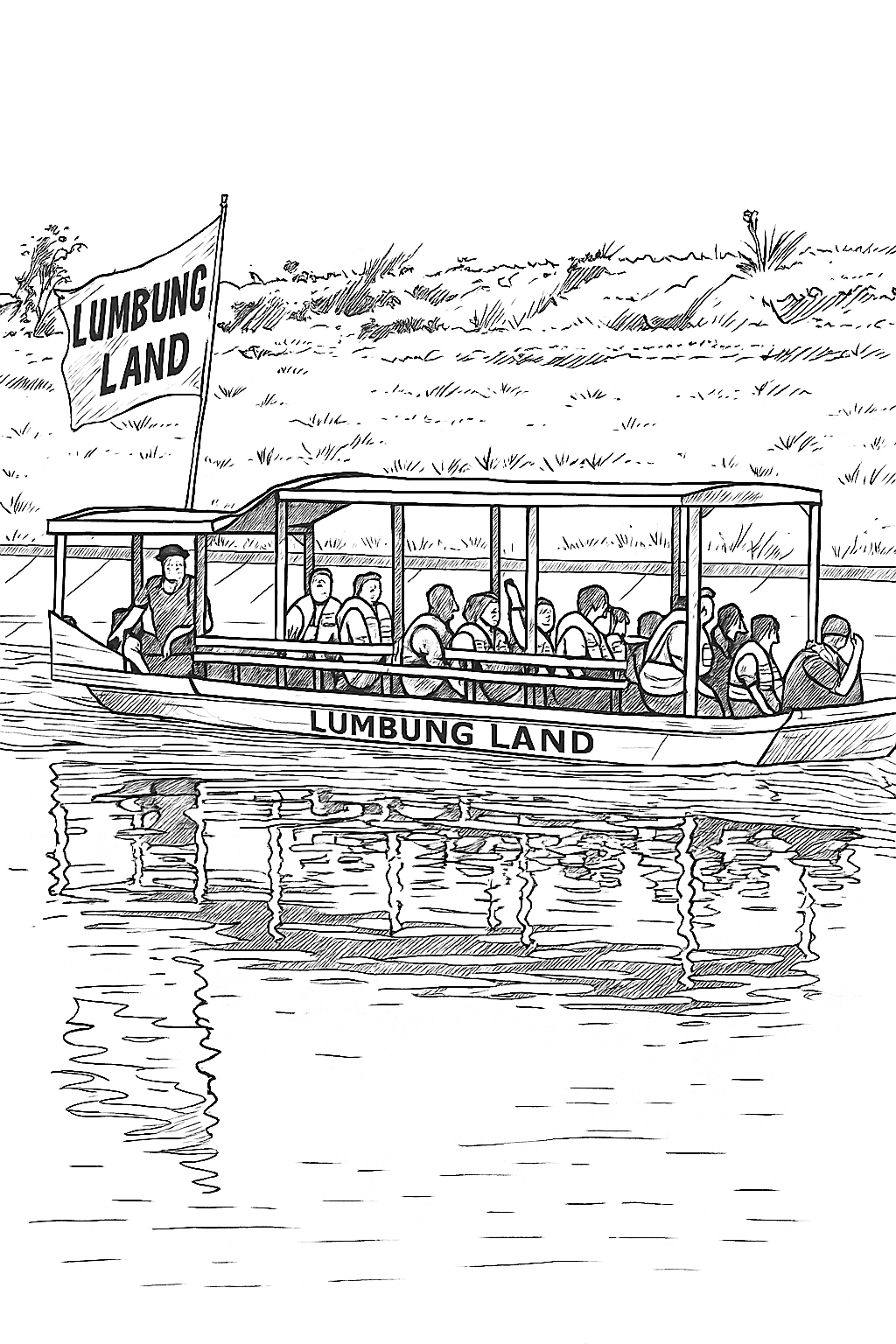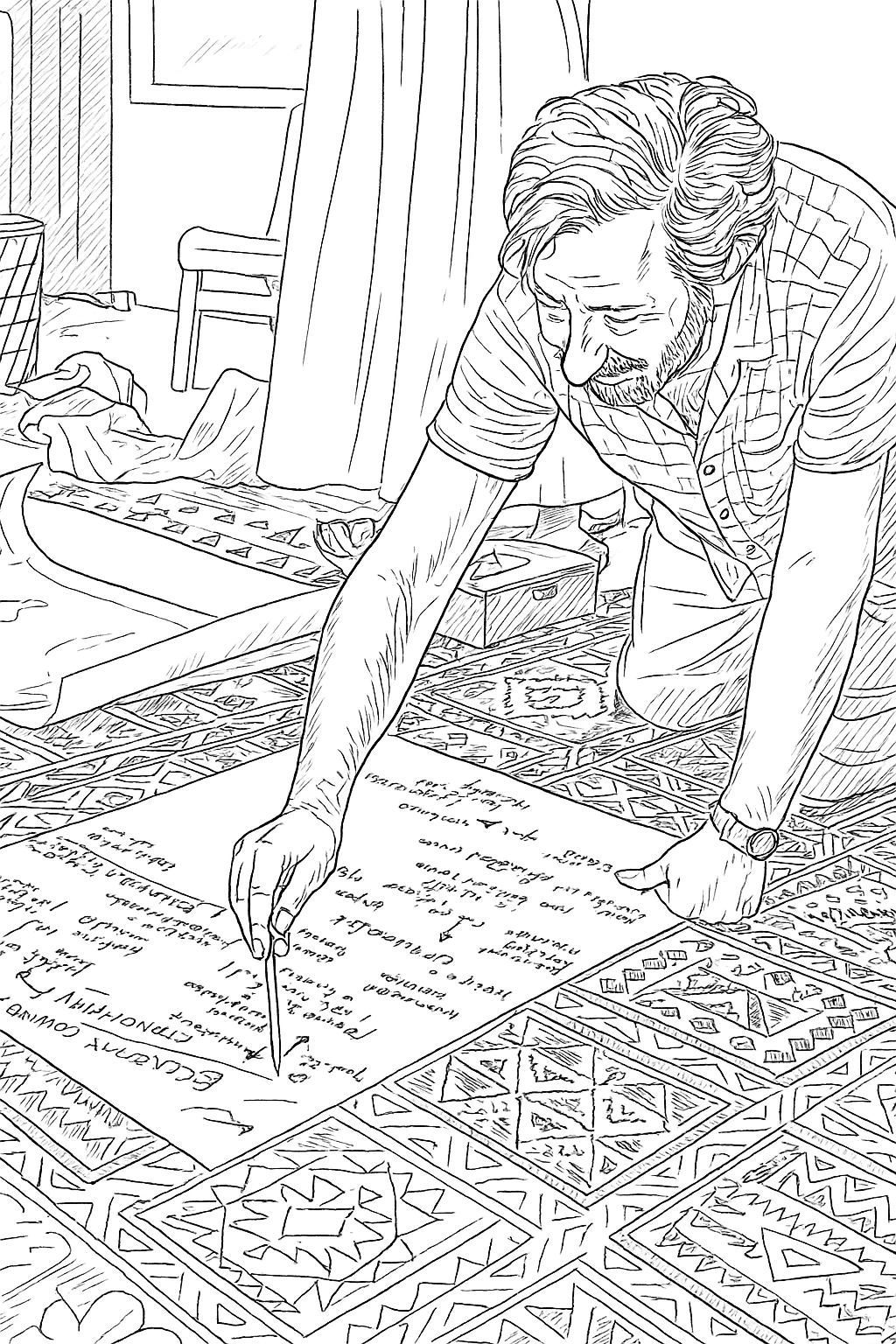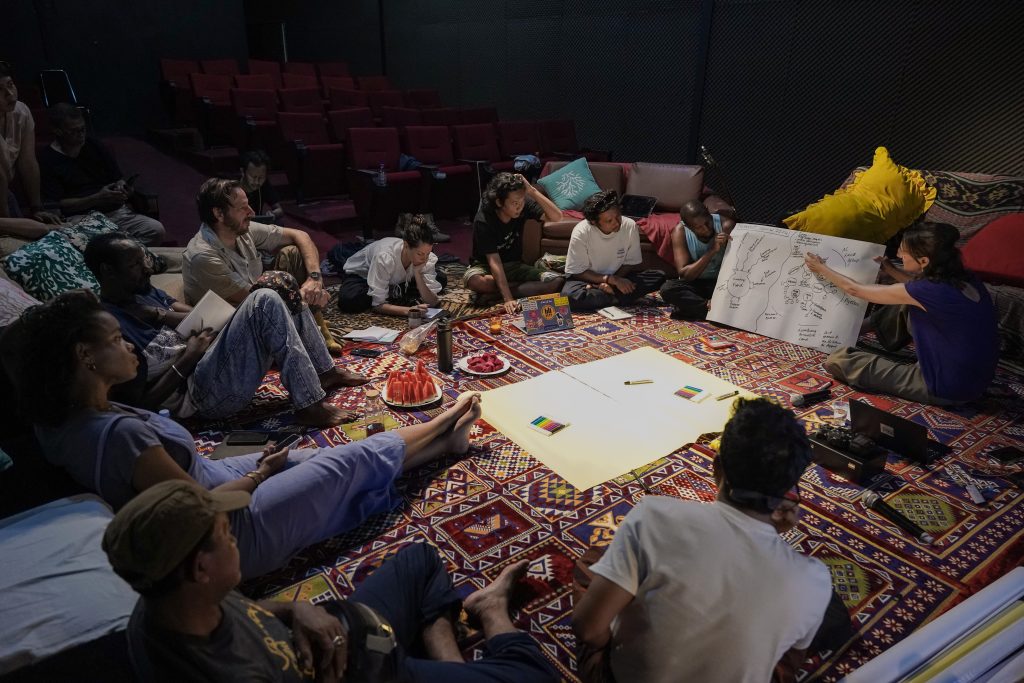
The Second Day of Lumbung Land School–Following a muddy adventure in Perhutana, members of the Lumbung Land School gathered to reflect on their shared journey and chart a path forward. What began two years ago as a period of uncertainty around land stewardship has now blossomed into a collaborative vision rooted in regeneration, generosity, and local resilience.
Has been a dip of two years making a period unclarity of the lumbung land school. but we are perhaps moving into a more optimistic moment 🌱
Gertrude
Grounding in Shared Values
The meeting began with a recap of the Lumbung Land School’s foundational values: regeneration, generosity, endurance, humor, independence, transparency, local anchorage, sufficiency, and ethics/politics. Initially conceived as a year-long exploration of land struggles across global contexts, the project has evolved into a platform for “transvesting resources” (transferring knowledge beyond monetary grants). Early ideas, like a rotating land fund, pivoted toward a broader vision: a school where land itself becomes the classroom.
“The land is the school, but connection takes many forms: pilgrimages, online curricula, and learning sessions,” noted Gertrude. Topics span soil regeneration, collective governance, legal advocacy, agro-ecology, and spiritual ties to land.
Collectives Unpack Land Struggles and Needs
Six lumbung collectives shared urgent challenges and aspirations, revealing common themes of cultural preservation, policy influence, and sustainable economies:
Jatiwangi Art Factory (JAF – Indonesia)
- Land: 8 hectares purchased, but reliant on brick sales for liberation.
- Vision: A “cultural pot” prototype for 20+ collectives to influence city-level policy.
- Ask: Development planning support and discourse-building expertise.
Wajukuu (Kenya)
- Land: Secured Maasai territory for nature restoration amid cultural erosion.
- Vision: An intercultural school to revive pastoralist traditions.
- Ask: Structural design help for fundraising and community engagement.
Inland (Spain)
- Land: 10 hectares (5 forest, 5 grassland) seeking transformation into diverse ecosystems.
- Struggle: Ensuring arts and education “feed the roots” of social movements without extraction.
- Ask: Land-management mentorship and strategies for community-rooted cultural production.
Gubuak Kopi (Indonesia)
- Land: 3,500m² near a forest-lake, uncertified but culturally significant.
- Project: “Pusako Tinggi,” reviving Minang commoning models amid exploitative farming.
- Ask: Legal consultancy for land certification and traditional-rights advocacy.
Pasir Putih (Indonesia)
- Focus: “Farming with dignity” via local knowledge and school partnerships.
- Breakthrough: Talks with Perhutana to integrate farming/waste management into curricula.
- Goal: A “laboratory” for ecological services and fruit cultivation.
Molemo – Madeyoulook / The Ungovernable (South Africa)
- Need: Hard skills for off-grid infrastructure (e.g., water-free irrigation, composting).
- Challenge: Admin systems for urban farming collectives.
Rumah Cikaramat (Indonesia)
- Crisis: Farmers in Sukabumi selling land due to exploitative middlemen.
- Plan: Post-harvest processing to boost incomes.
- Ask: Technical training and economic models to replace deficit cycles.
The Path Ahead: From Struggle to Shared Strategy
A pressing theme emerged: bridging the gap between agro-ecological practice and cultural integration. As Ade of Rumah Cikaramat emphasized, the “lumbung spirit” of collaboration must replace competition. Collectives seek to turn individual struggles into shared strategies—particularly in “developing the fruits (art/culture) to feed the roots (land/community).”
Inland framed a universal challenge: How do cultural forms emerge authentically from the land? , while Wajukuu’s cross-cultural vision and JAF’s policy ambitions highlight the school’s potential for systemic impact.
A School Rooted in Optimism
Gertrude closed with resolve: “We don’t always understand Lumbung Land, but we believe in it.” From Documenta’s seeds, a global classroom now grows—one where soil, policy, and collective governance intertwine. As the mud dried on their boots, participants left with a clear mandate: to cultivate endurance through shared harvests



